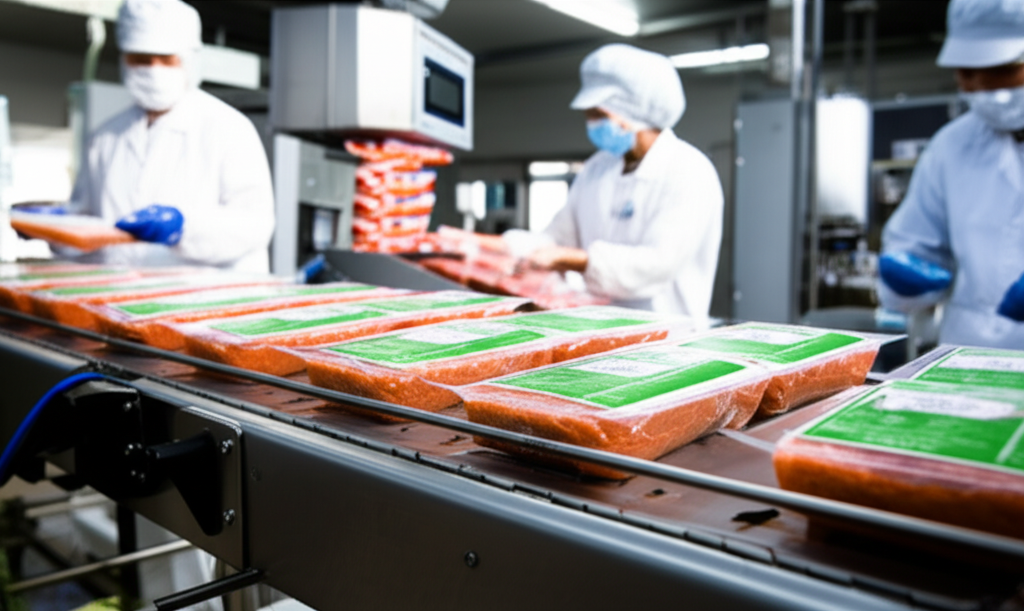
Malaysia’s stringent halal import regulations have drawn attention from international trade partners, particularly the United States. A new report highlights how the country’s certification process goes beyond global norms, creating unique challenges for foreign food exporters seeking market access.
The US Trade Representative’s 2025 National Trade Estimate Report reveals that Malaysia enforces strict segregation rules for halal and non-halal products throughout the supply chain. Unlike international standards that permit shared facilities after proper Islamic cleansing, Malaysia mandates dedicated production, storage, and transportation systems for halal-certified goods. This requirement has raised concerns among US producers about the financial burden of establishing separate infrastructure.
Beyond halal certification, Malaysia imposes additional hurdles for meat, poultry, and dairy imports. Exporting facilities must undergo a lengthy registration process with the Department of Veterinary Services (DVS), involving extensive documentation and on-site inspections. The report notes that even minor discrepancies in paperwork can lead to shipment delays, sometimes lasting weeks. US industry representatives argue these measures are excessive given their proven track record of supplying safe products to Malaysia.
The trade assessment underscores ongoing friction between Malaysia’s regulatory framework and global trade practices. While the country maintains its standards to uphold halal integrity, foreign exporters continue to push for streamlined processes to reduce costs and delays. The debate highlights the balance between religious compliance and international commerce in an increasingly interconnected food market.